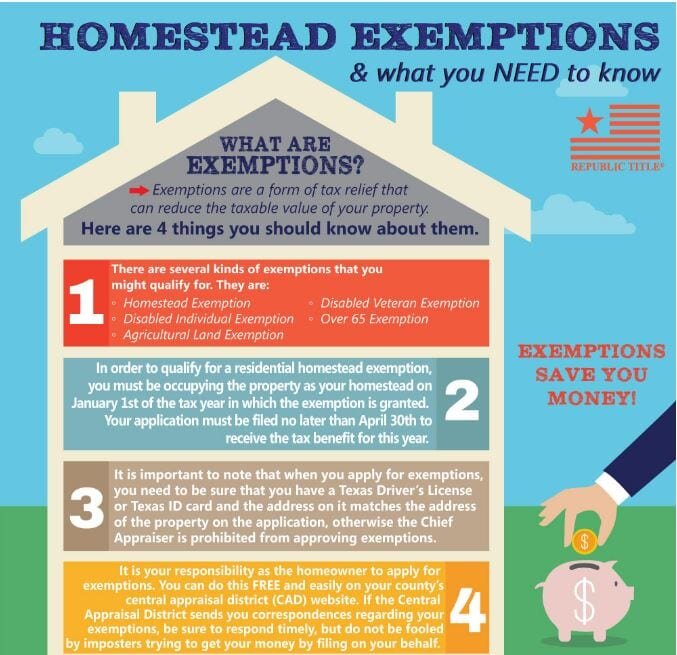The Homestead Act of 1862 was a landmark piece of legislation that provided Americans, including veterans, with the opportunity to own land and build a future. While the original Homestead Act is no longer in effect, its spirit lives on in modern homestead programs designed to support veterans. These programs offer financial relief, property tax exemptions, and other benefits to those who have served our country. In this blog post, we’ll explore how veterans can benefit from homestead programs and highlight states that have specific homestead initiatives in place for veterans.
What is a Homestead Program?
A homestead program is a state-level initiative that provides property tax relief or exemptions to homeowners who use their property as their primary residence. For veterans, these programs often include additional benefits, such as reduced property taxes, exemptions for disabled veterans, or even assistance with home purchases. These programs are a way to honor veterans’ service and help them achieve financial stability.
Benefits of Homestead Programs for Veterans
- Property Tax Exemptions: Many states offer partial or full exemptions on property taxes for veterans, reducing their financial burden.
- Disabled Veteran Benefits: Veterans with service-connected disabilities may qualify for additional exemptions or benefits.
- Financial Stability: Lower property taxes can make homeownership more affordable, especially for veterans on fixed incomes.
- Recognition of Service: These programs acknowledge the sacrifices made by veterans and provide tangible support.
States with Homestead Programs for Veterans
Here’s a look at some states that offer homestead programs specifically for veterans:
1. Texas
Texas is known for its robust support for veterans. The state offers a homestead exemption for disabled veterans, which can reduce the taxable value of their property by up to $12,000. Veterans with a 100% disability rating may qualify for a full property tax exemption.
2. Florida
Florida provides a homestead exemption for all homeowners, but veterans with a service-connected disability of 10% or more may qualify for an additional exemption. Totally and permanently disabled veterans are eligible for a full property tax exemption.
3. California
California offers a veterans’ exemption for those who own and occupy their home. Disabled veterans may qualify for a property tax exemption of up to $196,262 of their home’s assessed value (as of 2023).
4. Illinois
Illinois provides a homestead exemption for veterans with disabilities. The exemption amount varies based on the disability rating, and veterans with a 70% or higher disability rating may qualify for additional benefits.
5. New York
New York offers a veterans’ exemption that reduces the assessed value of a property for tax purposes. The exemption amount depends on the veteran’s service history and disability status.
6. Arizona
Arizona provides a property tax exemption for veterans with a service-connected disability. The exemption amount increases with the severity of the disability, and totally disabled veterans may qualify for a full exemption.
7. Virginia
Virginia offers a disabled veterans’ exemption that reduces property taxes for veterans with a 100% service-connected disability. The state also provides additional benefits for surviving spouses of disabled veterans.
8. Pennsylvania
Pennsylvania has a disabled veterans’ real estate tax exemption for veterans with a 100% disability rating. This program provides a full exemption from property taxes.
9. Michigan
Michigan offers a principal residence exemption for veterans, which reduces property taxes. Disabled veterans may qualify for additional exemptions based on their disability rating.
10. Colorado
Colorado provides a property tax exemption for disabled veterans. The exemption amount depends on the disability rating, and veterans with a 100% disability rating may qualify for a full exemption.
How to Apply for a Homestead Exemption as a Veteran
- Check Eligibility: Review your state’s eligibility requirements, which may include proof of military service, disability status, and primary residence.
- Gather Documentation: Prepare necessary documents, such as your DD-214, disability rating letter, and proof of homeownership.
- Submit an Application: Contact your local tax assessor’s office to obtain and submit the application. Deadlines and processes vary by state.
- Follow Up: Ensure your application is processed and approved. Some states require annual reapplication.
Final Thoughts
Homestead programs for veterans are a meaningful way to honor their service and provide financial support. If you’re a veteran or know someone who is, take advantage of these programs to reduce property taxes and ease the burden of homeownership. Each state has unique benefits, so be sure to research your local options or consult with a veterans’ services organization for guidance.
Let’s continue to support our veterans by spreading awareness of these valuable programs. If you have experience with a homestead program or know of other states offering benefits, share your story in the comments below!

